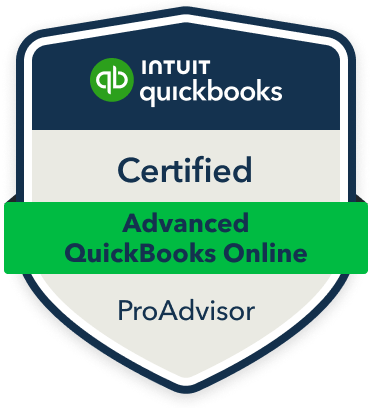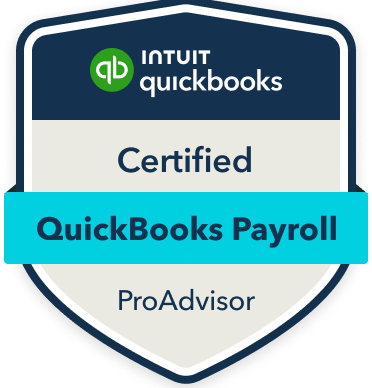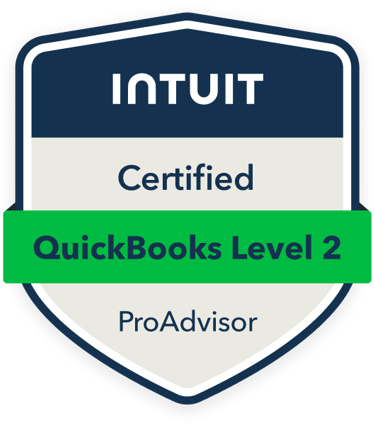Why Closing Your Books Every Month Matters for Your Business
Closing your accounting books at the end of each month isn’t just about balancing numbers—it’s about gaining control, clarity, and confidence in your business. Discover why the month-end close is so important, the benefits it brings, and how to make the process easier with the right tools and support.


The Importance of Closing Your Accounting Books at the End of the Month
For many business owners, bookkeeping tasks often get pushed to the bottom of the to-do list. After all, managing customers, fulfilling orders, and running daily operations can feel far more urgent. However, one task that should never be skipped is closing your accounting books at the end of each month.
Monthly closes may sound tedious, but they’re one of the most important financial habits you can develop for your business. Here’s why closing your books each month matters—and how it helps you maintain control over your finances.
What Does It Mean to “Close the Books”?
Closing the books is the process of finalizing your financial records for a specific period—in this case, the month. It involves reviewing, reconciling, and locking in your numbers so that your financial data is accurate and ready for reporting.
Typical month-end tasks include:
Reconciling bank and credit card accounts
Recording outstanding invoices and bills
Adjusting for accruals or prepaid expenses
Reviewing payroll entries
Checking for errors or duplicate entries
Generating financial statements
Once complete, the month is “closed,” meaning no additional changes are made to that period’s records.
Why Monthly Closures Matter
1. Accurate Financial Reports
Without a proper close, your profit and loss statement, balance sheet, and cash flow reports may be incomplete or misleading. Regularly closing ensures your reports reflect reality and not just “best guesses.”
2. Better Cash Flow Management
Closing your books helps you understand where your money is coming from and where it’s going. You’ll have a clear picture of outstanding customer payments, upcoming bills, and available cash—allowing you to plan better and avoid surprises.
3. Early Detection of Errors
Mistakes happen—payments get recorded twice, invoices get missed, or expenses are categorized incorrectly. A month-end close allows you to catch and correct these issues before they snowball into bigger problems.
4. Informed Business Decisions
Want to know if you can afford to hire, expand inventory, or invest in new tools? Accurate monthly financials give you the confidence to make smarter, data-driven decisions.
5. Smoother Tax Preparation
If you wait until year-end to clean up your books, you’re setting yourself up for stress and potentially costly errors. Monthly closes mean your records stay tax-ready year-round, saving you time (and headaches) when it’s time to file.
6. Professionalism for Investors and Lenders
If you’re seeking outside funding, investors and lenders want to see up-to-date, reliable financials. Consistently closing your books shows that your business is organized, disciplined, and financially healthy.
How to Streamline the Month-End Close
Use cloud-based accounting software to automate reconciliations and generate reports.
Create a checklist of tasks so nothing gets overlooked.
Block off dedicated time at the end of each month to close your books.
Work with a bookkeeper if you’re too busy or want an expert to handle the details.
Closing your books each month isn’t just another bookkeeping task—it’s a smart strategy for staying in control of your business. With accurate, up-to-date financials, you’ll have the clarity to manage cash flow, make confident decisions, and plan for growth.
And if the month-end process feels overwhelming? You don’t have to handle it on your own. Working with a bookkeeping professional keeps your records accurate, timely, and ready for whatever comes next.








